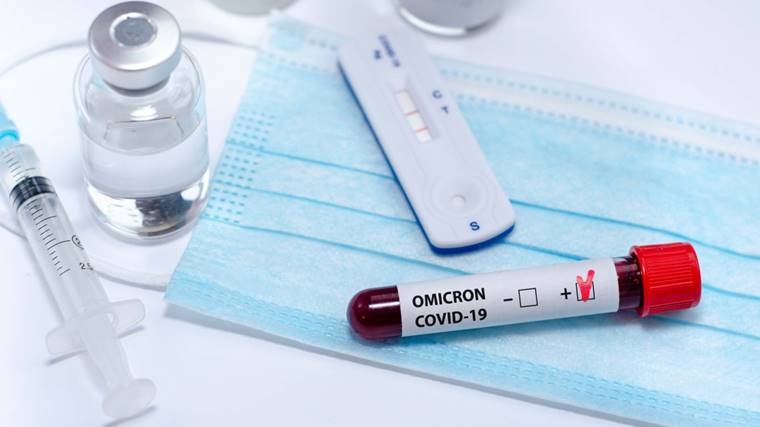Manila: The Philippines has detected the Covid-19 Omicron sub-variant BA.4 in a Filipino citizen who flew in from the Middle East earlier this month, the Department of Health (DOH) said.
The DOH said the asymptomatic patient, who arrived in the country on May 4, tested positive for Covid-19 four days later, reports Xinhua news agency.
Quoting data from the European Centre for Disease Prevention and Control (ECDC), the DOH said Omicron BA.4 is a variant of concern (VOC).
“Compared to a variant of interest, a VOC is seen to either spread faster or cause worse illness,” the DOH said, warning that “BA.4’s faster transmission is likely because of its ability to evade immune protection”.
“While the ECDC has not observed any change in severity for BA.4 compared to other Omicron sub-variants, we must be careful because the faster transmission will lead to a spike in cases that could overwhelm our hospitals and clinics.”
The DOH urged the local government unit where the first BA.4 case was detected to “rapidly implement detection and isolation” of people who may have been exposed to the patient.
BA.4 and BA.5 were first detected in South Africa in January and February 2022, respectively, and since then, they have become the dominant variants in that country.
On May 17, the DOH confirmed the local transmission of the highly transmissible Omicron sub-variant BA.2.12.1 in three areas, including Metro Manila.
The Philippines has detected 17 BA.2.12.1 cases so far.
According to the DOH, there is no community transmission of the BA.2.12.1.
Studies showed that BA.2.12.1 is highly transmissible due to additional mutations than the original Omicron strain.
While this sub-lineage has not been observed to lead to more severe disease or fatality, it has the potential for immune escape.
The Philippines now has 3,688,508 confirmed Covid-19 cases, with 60,455 deaths.
The country reported the highest single-day tally on January 15 with 39,004 new cases.
The country has seen four Covid-19 waves since the pandemic began in January 2020.
(IANS)




















